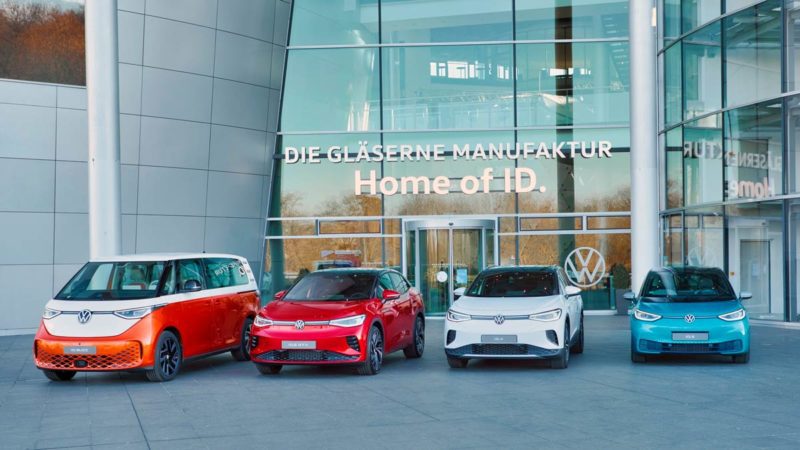The share of newly registered battery-powered electric vehicles (BEVs) in Germany has jumped by nearly 38 per cent in the first ten months of 2023, compared to the same period last year.
More than 424,600 new passenger BEVs were registered from January until October this year, a share of 18 per cent all new registrations, according to figures by the Federal Motor Transport Authority (KBA).
The share of all “alternative” propulsion systems taken together, including hybrid plug-in and fuel cell cars, reached more than 47 per cent so far this year, the KBA added.
The favourite domestic brand for alternative engines, including plug-in hybrids, in Germany was Mercedes (about 147,100 cars) and the most popular foreign brand Hyundai (56,500 cars).
For battery-electric vehicles, Volkswagen was the most popular domestic brand, counting some 58,600 cars, while Tesla led foreign manufacturers with about 54,700 registrations.
The German government has so far spent a total of 9.5 billion euros subsidising the purchase of two million electric cars.
Starting from this year, only battery-powered or fuel cell vehicles are eligible for subsidies. In previous years, the subsidy also covered hybrid vehicles, which combine a combustion engine with an electric motor that can be charged externally (Plug-in hybrids).
First published at Clean Energy Wire. Reproduced with permission.

